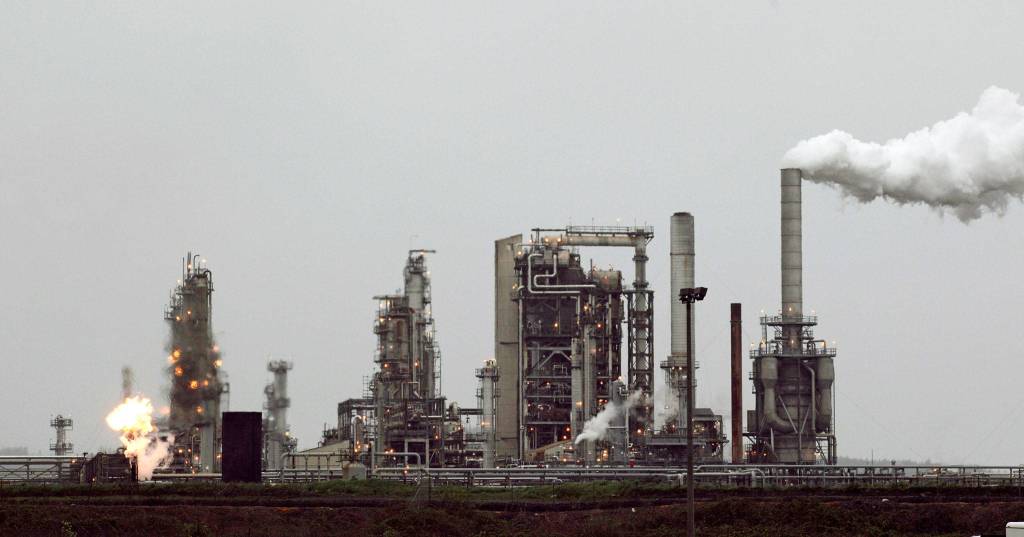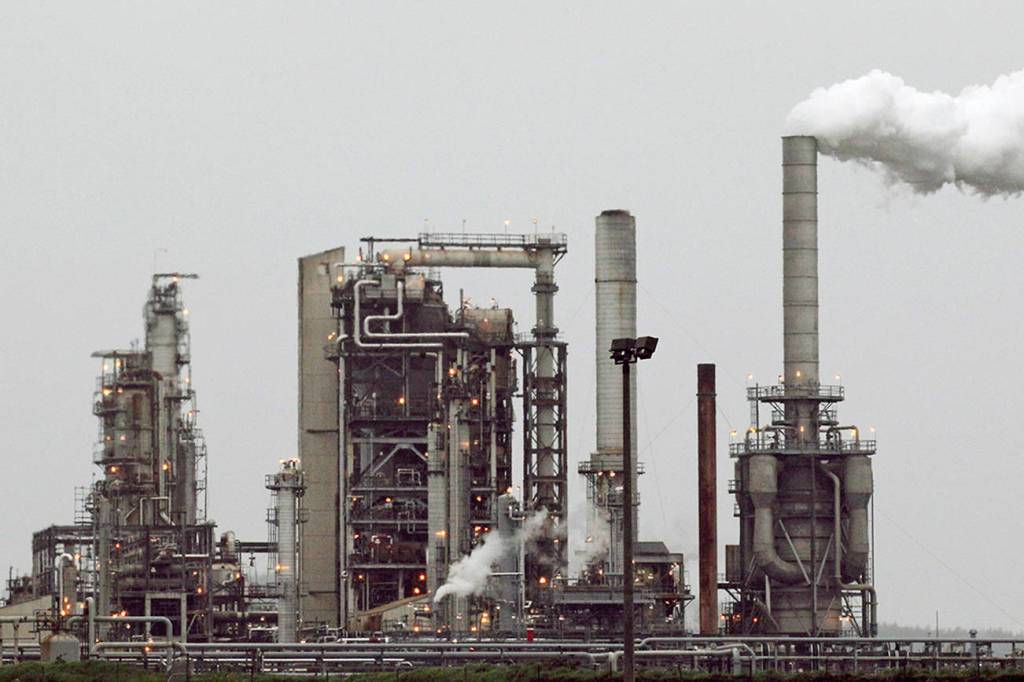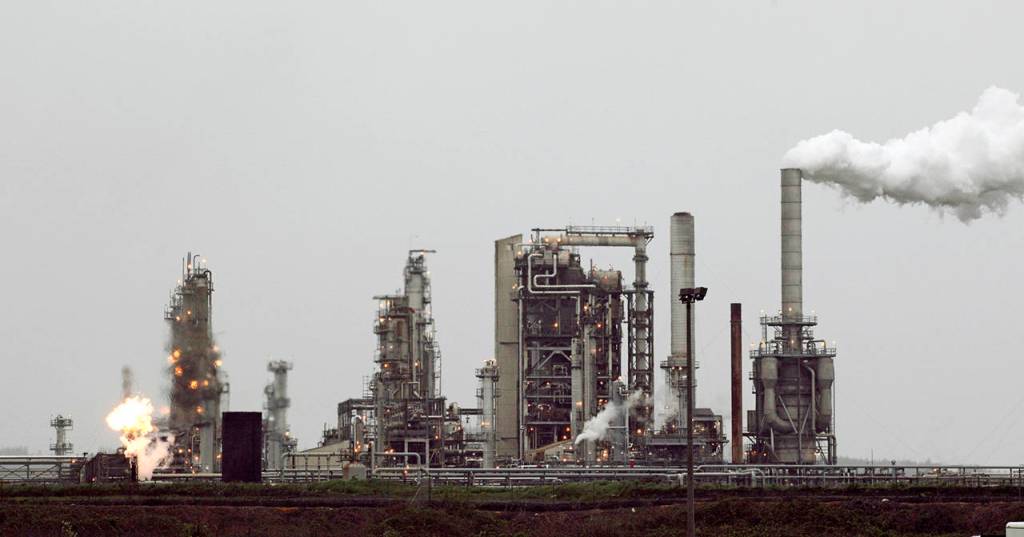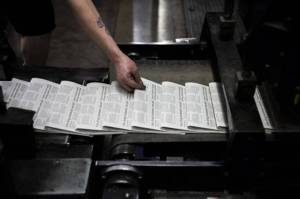Editorial: Adopt rule to clear the air in Puget Sound region
Published 1:30 am Sunday, October 13, 2019



By The Herald Editorial Board
Work to adopt a major tool for reducing greenhouse gas emissions — specifically those wafting from the vehicles we drive — has shifted now from passing a statewide clean-fuel standard to a regional rule for Snohomish County and three other Puget Sound counties.
The Puget Sound Clean Air Agency, responsible for monitoring and enforcing air quality in Snohomish, King, Pierce and Kitsap counties, has released a draft rule that would adopt a standard similar to what was sought earlier this year in the Legislature, a credit-trading system intended to reduce the carbon intensity of the region’s transportation fuels by up to about 25 percent by 2030.
While scaled down to the four-county region, the consideration of the rule is no less important nor less potentially effective in reducing carbon emissions in a region that consumes 1 billion gallons of gasoline and another 220 million gallons of diesel fuel each year.
Why it’s necessary: We hear a steady heartbeat of news that reminds us of the necessity for addressing climate change by reducing emission of greenhouse gases: heavy increases in the amount of carbon dioxide in the atmosphere, leading to an uncontrolled rise in global temperature, warming oceans, shrinking polar ice sheets and glaciers, sea-level rise, ocean acidification and their impacts and threats of extinction on plant and animal species, not to mention increased intensity of severe weather events, temperature extremes and threats to communities and economies.
The latest example: This week, the National Audubon Society released its report, “Survival by Degrees: 389 Birds Species on the Brink,” that warned that two-thirds of North America’s birds are threatened by extinction from climate change. In Washington state, the report finds, continued global warming threatens habitat and possible extinction for more than half of the 296 avian species in the state.
Included in the website report is a county-level examination of the threat: If warming is allowed to rise by 3 degrees Celsius, 48 bird species in Snohomish County — including the rufous hummingbird, Clark’s nutcracker and Vaux’s swift — are listed as highly vulnerable. Another 60 were ranked as moderately vulnerable here.
However, holding the global average temperature rise reduces the threat of loss. Held to a 2-degree rise, the species at risk are reduced to 15; a rise held to 1.5 degrees eases the threatened avian species to six.
What the clean fuel standard would do: A clean-fuel standard found serious consideration in the state Legislature this year; winning passage in the House, 53-43, but not advancing beyond hearings in the Senate.
The attempt by the Puget Sound Clean Air Agency — which is authorized by federal and state Clean Air Acts — at adopting a similar standard offers the chance to set a regional rule and perhaps push statewide action by lawmakers and focuses efforts on the region’s greatest source of greenhouse gases; transportation accounts for about 42 percent of greenhouse gas emissions in the state, according to a state Department of Ecology report.
The standard proposed by the agency seeks a larger reduction in greenhouse gas emissions than the state legislation had, up to 26 percent by 2030.
This isn’t the tax on carbon that Initiative 1631 sought last November, instead it’s a market-driven solution that establishes a mandate for lower emissions but allows refineries and others to determine how to reach reduction goals.
It would do so by encouraging the transition to electric vehicles; marketing of lower-carbon fuel blends using biofuels, renewable diesel and renewable natural gas; and encourgaing efficiency improvements at fuel refineries. It would also allow for low-carbon fuel producers to sell credits to refineries and others, such as transit agencies and others investing in fleets of electric vehicles.
There is only one refinery in the four-county region, but the standard would apply to the state’s other refineries, such as those in Skagit and Whatcom counties, for fuel destined for the region.
A clean fuel standard is not an untested solution. Low-carbon fuel standards already are in place — and steadily ramping up their carbon reductions — in California, Oregon and British Columbia.
One knock against the fuel standard, in particular from the petroleum industry, is that it, like the carbon tax, would increase the cost of gasoline and other fuels by as much as 20 percent. So far, predictions of hefty increases haven’t occurred in California or Oregon, according a report by Crosscut earlier this year. While still early in its program, one estimate put the increase in Oregon, since 2015, at 2.2 cents a gallon; for California, the maximum increase was estimated at 8.9 cents a gallon.
Hidden costs of cheap gas: Regardless of the added cost, the region’s drivers need to recognize the less-obvious price that we pay with cheap gas. Along with its impact on climate change, the pollution from emission particulates also contribute to illnesses — particularly in neighborhoods along interstates, highways and major thoroughfares — such as heart and lung diseases and cancer. The savings in better health, even when in the millions of dollars, however, seem harder to see than the price on a gas pump.
A statewide standard would be preferable, of course, as would national and international commitments to greenhouse gas reductions, including a price on carbon. But a rule that starts with the Puget Sound regions’s four counties can serve as a necessary next step.
Comment
The public has its opportunity to weigh in and guide the Puget Sound Clean Air Agency’s elected officials, which for Snohomish County include Snohomish County Councilmember Sam Low and Everett City Councilmember Paul Roberts.
A 90-day comment period has begun, and a public hearing is scheduled for Dec. 19 at the Washington State Convention Center in Seattle. The board could take action on adoption of the standard sometime after Feb. 27.
Comments can be emailed to CleanFuels@pscleanair.org or mailed to PSCAA, 1904 Third Avenue, Suite 105, Seattle, WA 98101. Comments are due by Jan. 6.





